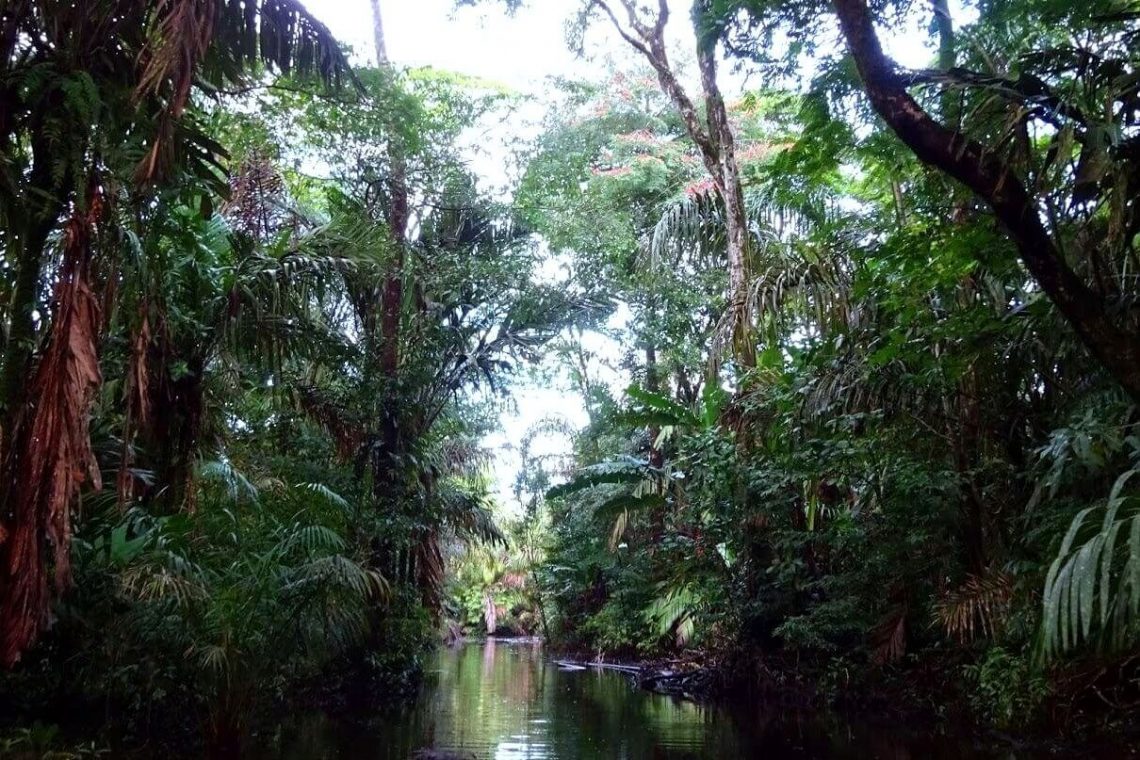
What is Wildlife Conservation and Why You Should Care
I used to believe the dodo was a mythical creature.
In my childhood I owned a beautifully illustrated copy of Alice’s Adventures in Wonderland. As I turned through the pages and let my imagination run free, it seemed to me that this strange, round bird was as fantastical as the story itself.
I sometimes wonder what amazing creatures that I take for granted today, might my children and my grandchildren someday believe were just a figment of someone’s imagination.
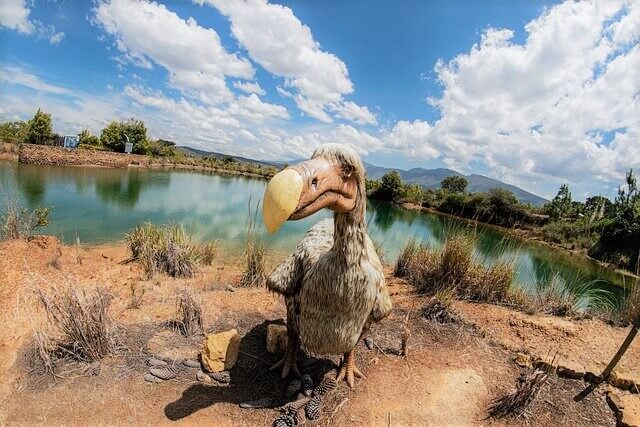
The simple answer to the question “what is wildlife conservation” is that it is everything we do to ensure that that doesn’t happen.
But of course, things are never that simple…
What is wildlife conservation?
The Power of Humans
We cannot be certain that humans are the reason the dodo is extinct but what we do know is that humans are the reason that a whole lot of animals have gone extinct since.
A common theory is that dodos were unafraid of humans, so humans exploited them, and hunted them until there were none left, because humans had the power to do so.
It is entirely possible, of course, that the dodo would have faced extinction even without our help, but still, this story rings true elsewhere.
The right whale, for example, is so named because their docile temperament made them easy targets- they were the “right whale” to hunt.
When people make the argument that extinction happens naturally, they are correct, but as humans we have to recognise that we have not always used our powers for good. We have often taken what is not ours without much thought for the consequences.
For me, wildlife conservation is about what we do to try to balance that by using the power that we hold for good.
Living in the Wild
Wildlife conservation is about protecting not only wild species but the habitats where they live as well.
It saddens me when people kill spiders because they’ve come into their houses, because really, that spider has as much right to be there as you do. Spiders are not subject the arbitrary boundaries and laws set by humans. “Your land” is only yours by human standards.
Nature doesn’t care about human laws.
As far as nature is concerned, we live in the wild.
The places we called home are also home to thousands of other species, it is the role of wildlife conservation to find a way that we can live alongside one another, neither one of us destroying the other. Whether that be you and the house spider that gives you goose bumps, or the farmer in Africa whose livestock is being killed by resident lions, we must find a way to co-exist.
If we wish to save our wildlife, we must also save the places they live.
Why is wildlife conservation important?
Free Gifts
Two words: ecosystem services.
You would not and could not be here without the gifts that nature gives you. For free. Twenty-four hours a day.
Every breath you take is thanks to a plant (or algae). That plant grows in soil maintained by worms and insects. In that soil also grows the basis of every bite of food you’ve ever eaten. Nature gives us protection from weather, medicines, clean water, shelter, materials, and even helps our well-being.
I distinctly remember a day at university where my lecturer told us about a study that appeared in Nature in 1997[1] which estimated the economic value of everything provided by nature at an average of USD $33 trillion per year. At the time, the GDP of the entire world was around USD $18 trillion per year.
The entire world, does not make enough money in a year to pay for everything nature gives us.
So if we could pay for it, we could just recreate those ecosystems on another planet, right? Wrong again. Our best attempt at doing so to date was called “Biosphere 2”. It was essentially a disaster from start to finish in too many ways to attempt to explain here. If you’re interested, check out this YouTube video about the Biosphere 2 project to find out more.
The Circle of Life
So we’ve established that we need plants.
And sure…worms are useful too, and maybe some things like bees.
But most conservation campaigns appear to be aimed at large animals like elephants. Sure they’re cute and all but… do we really need those?
Well…YES!
Anyone who has watched the Lion King (so presumably everyone) knows that everything is connected by the circle of life! Everything is an ecosystem is interdependent in some way.
Imagine a Jenga tower. Every brick is relying on the other bricks to keep it standing. Remove the first few bricks, and perhaps you don’t notice a difference, but no matter how subtle the change, you have made a difference to the integrity of the tower. Keep going, keep removing bricks and eventually it all falls apart. No one brick did that. Every single one had an impact.
That’s how it works in nature. Everything that we remove has a tiny consequence. If we keep removing bits, we can’t be surprised when it all falls apart.
Why you NEED to care
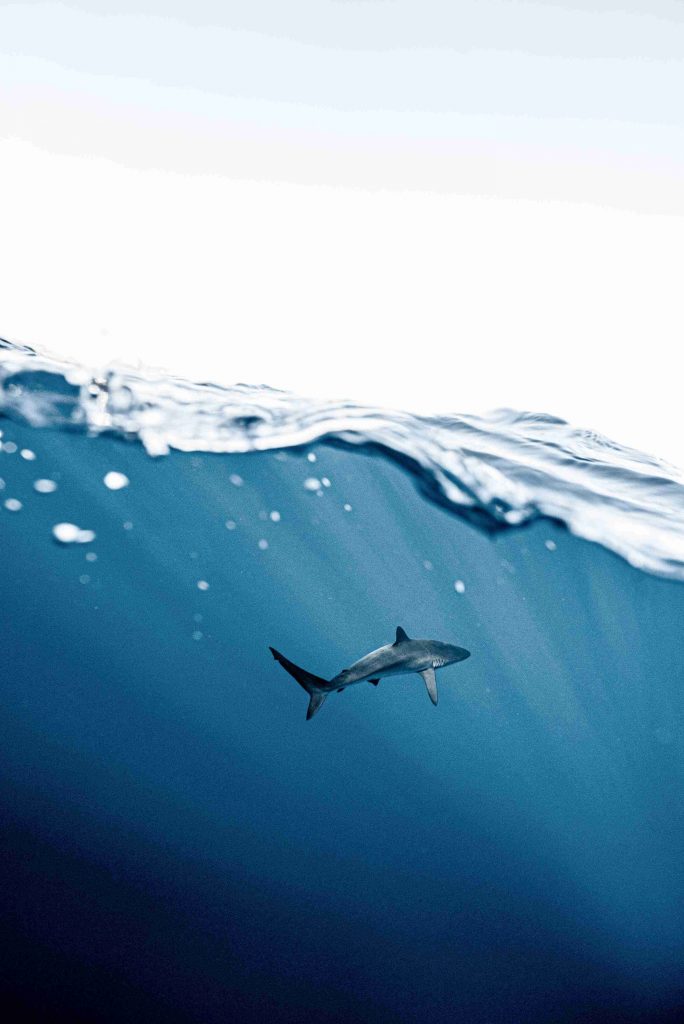
There are two northern white rhinos left on planet Earth.
That’s it. Two. They are both female. When those two are gone, they’re all gone.
I remember seeing a poster once in an aquarium. It read “sharks have survived 5 mass extinctions… but will they survive us?”.
That must have really resonated with me because that was probably about 18 years ago and still, I remember.
The actions of humans have a very real, very tangible impact on the natural world. It cannot and will not survive if we do not care for it.
Conservation of our planet and its inhabitants starts with you and the choices you make every day.
Perhaps if we all make better choices, the world might just thank us one day.
One Wild Thing
For our first wild thing, head over to YouTube and watch this video from the World Wildlife Fund about the importance of maintaining biodiversity.
Then, if anyone ever tells you that something isn’t worth saving, just let them know just how much nature does for us without us ever even asking.
Or send them my way.
Reference
[1] Constanza et al. 1997, The value of the world’s ecosystem services and natural capital, Nature


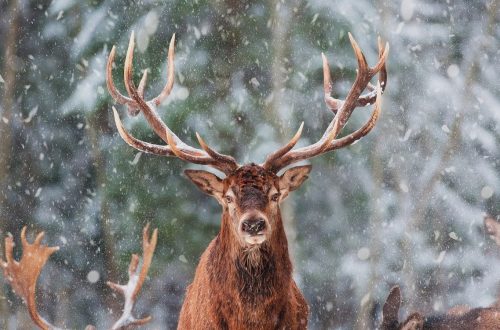
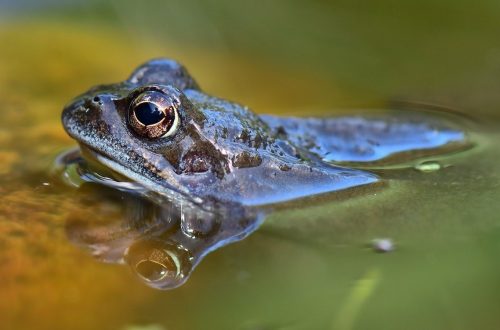
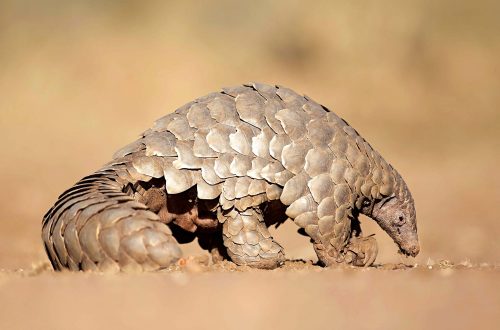
3 Comments
Pingback:
Pingback:
Pingback: